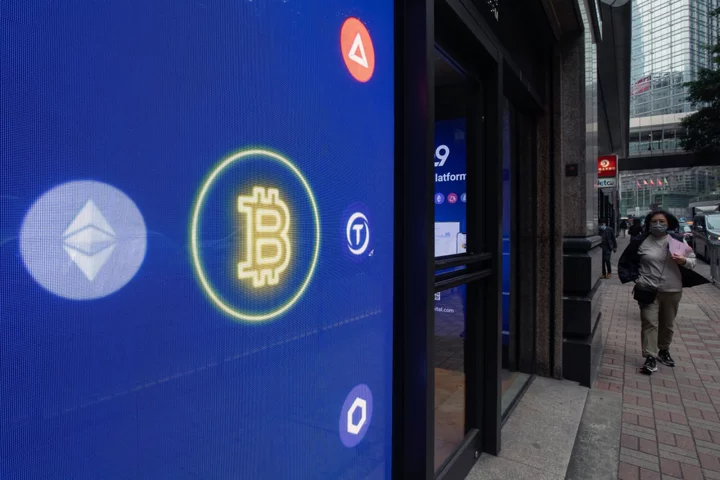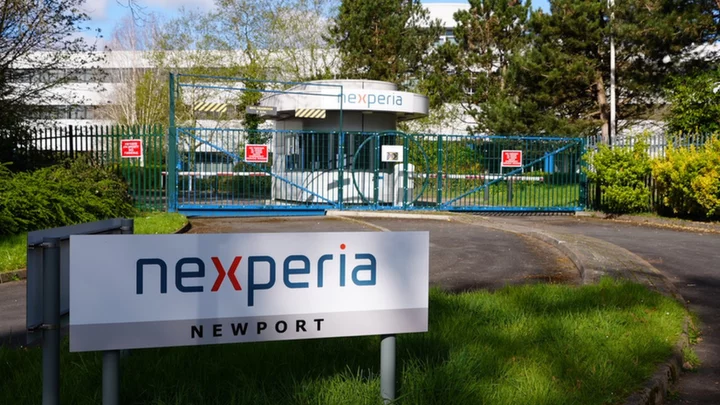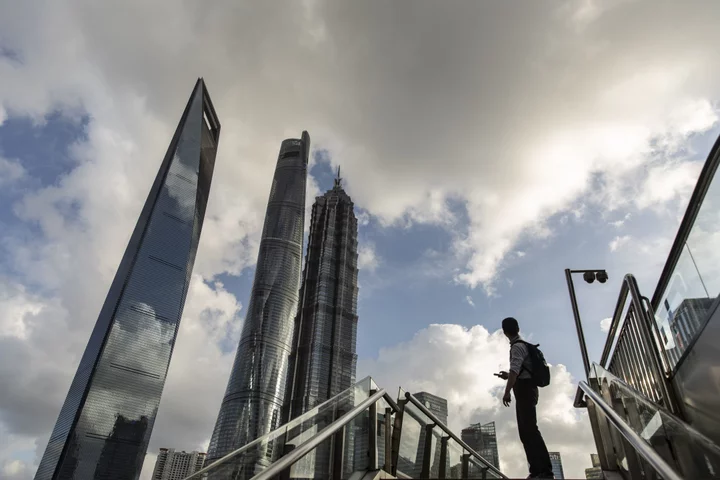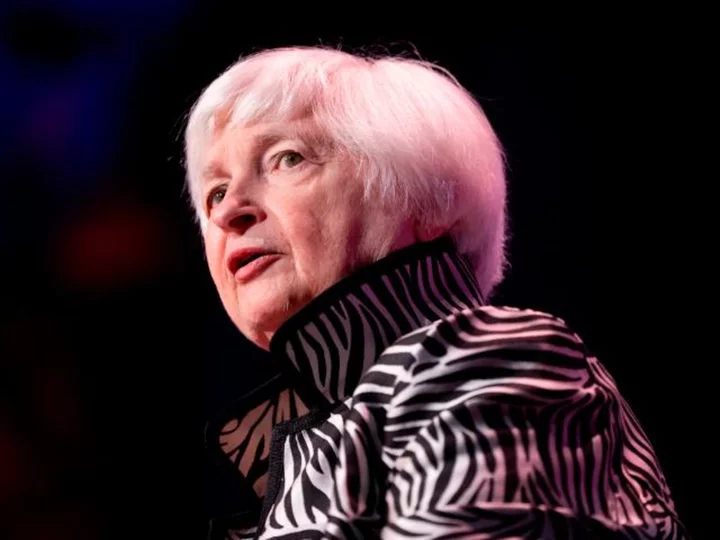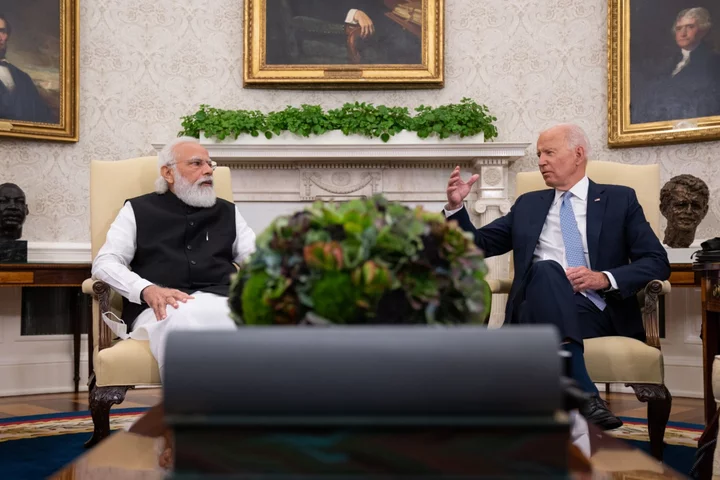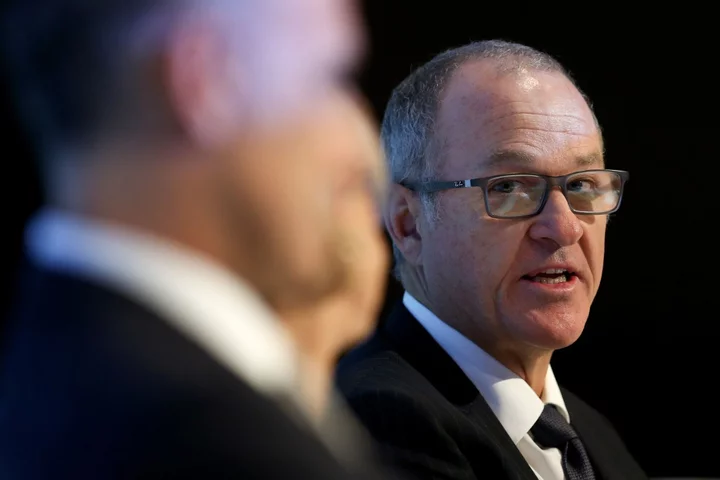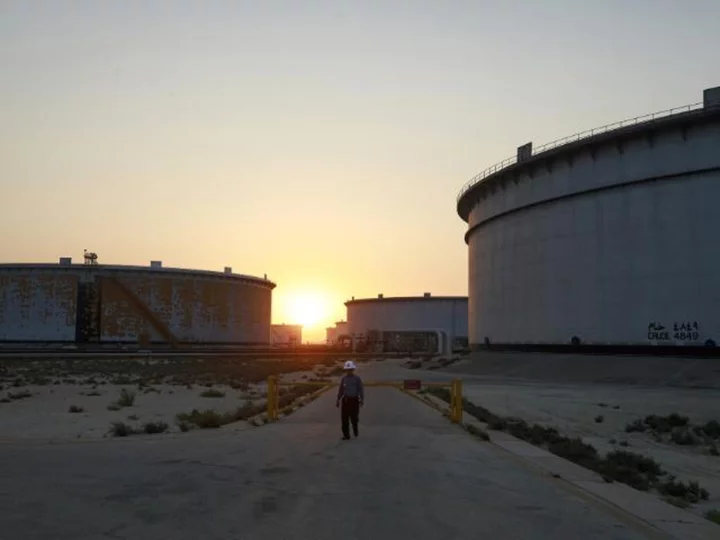Hong Kong indicated that crypto companies drawn by the city’s push to create a digital-asset hub should expect an exacting regulatory regime.
“Our regulation will be tight,” Hong Kong Monetary Authority Chief Executive Eddie Yue said in an interview at the Bloomberg Wealth Asia Summit on Tuesday. “We will let them create the ecosystem here and that actually brings a lot of excitement. But that doesn’t mean light-touch regulation.”
Hong Kong starts a new licensing regime for virtual-asset service providers on June 1 and plans to let retail investors trade major tokens like Bitcoin and Ether. The pivot toward fostering the digital-asset sector is part of a wider effort to restore the city’s credentials as a cutting-edge financial center after Covid-related curbs and political unrest sparked a brain drain.
Further guidance for banks on servicing crypto clients is in the works, and the Securities and Futures Commission will soon announce the results of its deliberations on the scope of retail-investor participation, Yue said.
Regulators globally are grappling with how to handle the crypto industry following last year’s market crash and a series of blowups headlined by the spectacular bankruptcy of the FTX exchange.
In the US, officials have cracked down on digital-asset businesses with enforcement actions and lawsuits that are pushing companies abroad.
Hong Kong’s crypto guardrails were very tight in the last few years, Yue said. They have now been lowered to a “reasonable and sustainable level” but they won’t allow the recurrence of any FTX-type event in the city, he added.
Aside from permits for virtual-asset platforms, a mandatory licensing regime for stablecoins — a type of crypto token that’s meant to hold a constant value — is due by 2023-2024.
The legislative framework encoding crypto rules will bring transparency and clarity, Yue said, in response to a question about lingering concerns that officials could yet sour on their crypto pivot.
--With assistance from Kiuyan Wong.

